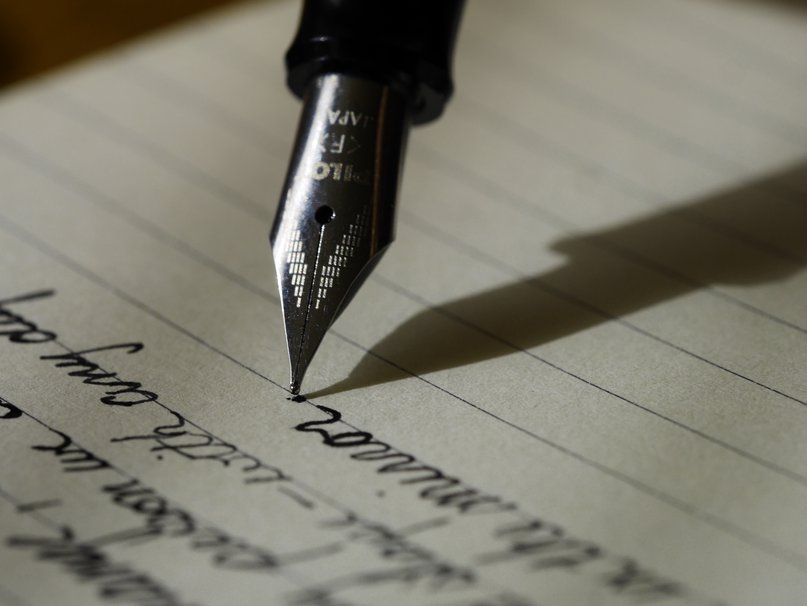Writing a power of attorney

As people we are used to making our own decisions about key personal issues, for example how we handle our money, organize our everyday life and how we see our life evolving. But one day we might be faced with a situation in which we are no longer capable of making any decisions, perhaps as a result of an accident or an illness. If that happens, someone else must make the decisions for us.
In Switzerland, the power of attorney was introduced in 2013 to secure the rights of adults who find themselves in this situation. Unfortunately, it is not yet widely known. What is the purpose of a power of attorney, what form should it take and how does it differ from a signing authority?
Establish your Lasting Power of Attorney simply and for free on tooyoo.
What is a power of attorney?
The power of attorney appoints a person whom you trust to act on your behalf if you become unable to make rational decisions and, consequently, incapable of acting in a legal sense. A power of attorney may be granted to a person or a legal entity such as a bank or institution. You may also, as the donor, designate a replacement should the original attorney eventually refuse or terminate the power of attorney.
The power of attorney can be broad in scope, comprising personal assistance, financial affairs and representation in legal matters. It can also be restricted to specific areas or responsibilities. The power of attorney can be accompanied by direct instructions on the way the attorney must carry out tasks.
What form should the power of attorney take to be valid?
To write a power of attorney, you must be empowered to act, which means having reached one’s majority and being capable of making rational decisions. The power of attorney must be holographic (i.e. handwritten in full, and dated and signed by the donor) or be officially recorded by a notary.
The form of the power of attorney is the same as for a will. Such stringency is required because of the huge implications arising from this document. The rules aim to prevent an elderly person signing a document drafted by an outside party without first understanding its content.
If the person cannot write it themselves, it must be drafted and certified by a notary. Obtaining legal advice is recommended if facing complex financial and family situations.
Why do I need a power of attorney?
A power of attorney can be used to specify which tasks to assign to whom. Spouses or civil partners do not require a power of attorney for basic assistance (e.g. medical decisions) or legal transactions (e.g. payment or insurance coverage) as they are automatically empowered to make that kind of decision. For extraordinary decisions regarding property, however, even a spouse or a civil partner will require a power of attorney, e.g. buying or selling a home, a business or investment securities.
You will require a power of attorney if:
- You want your spouse or civil partner to represent you in legal acts associated with extraordinary property-related decisions. If no power of attorney has been established, authorization must be obtained from the cantonal adult protection authority.
- If you wish to authorize a person other than your spouse or civil partner to represent you.
- If you are living with someone, widowed and do not wish to have a curatorship.
What is the difference relative to a signing authority?
If a person is still capable of making rational decision but can no longer physically manage his or her affairs, then a signing authority is the best course of action. Banks, the Post Office, insurers, the state pension authority (AHV/AVS), healthcare insurers and tax authorities all have their own forms to enable this. As such, even though the person may be affected by a gradual loss of physical and mental aptitude, they can still act of their own volition for as long as possible.
How to write a power of attorney?
The power of attorney should describe as precisely as possible the tasks entrusted to the designated person. Compensation payable to the individual or legal entity should also be detailed, especially if a bank or another institution is being appointed.
It is possible to name more than one attorney in the event that the first on the list is not able to assume this role.
To make things easier, we have prepared a power of attorney templates, which can be consulted here.
When does the power of attorney take effect?
Cantonal authorities for the protection of adults and minors will first verify the power of attorney. They examine whether it is formally correct, whether the person concerned is indeed incapable of rational thought and whether the attorney is capable of fulfilling the role. Only once this review has been completed can a power of attorney take effect.
Where should I keep my power of attorney?
You should keep it in a secure location. It is also advisable to furnish the attorney with a copy of the power of attorney, for example by using a secure digital platform such as tooyoo.
Furthermore, you can register the existence and place of safekeeping of your power of attorney with civic authorities. Registering the power of attorney will facilitate the examination by cantonal adult protection authorities in the event, you become incapable of acting in a legal sense. This costs CHF 75 (all modifications or deletions from the register will again incur a fee of CHF 75).